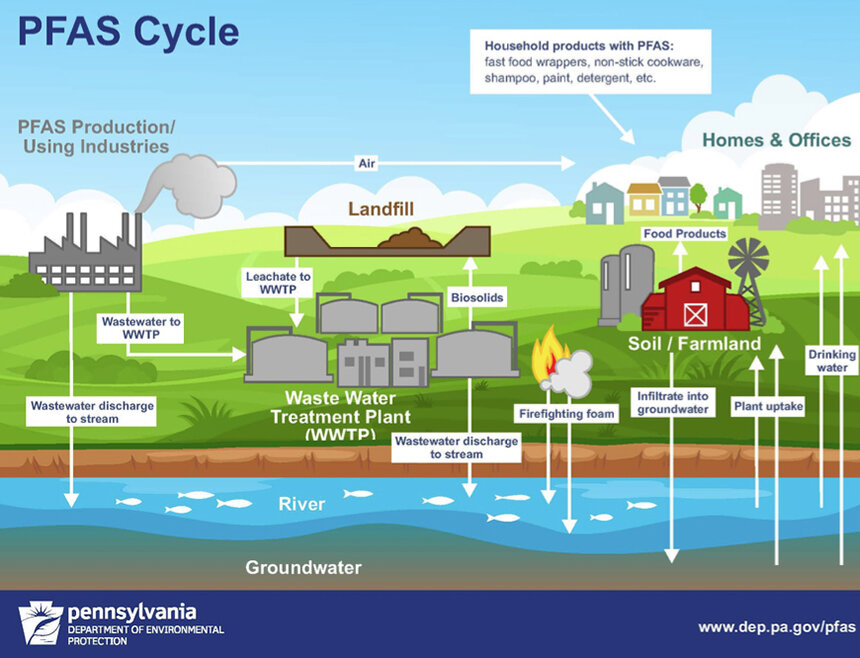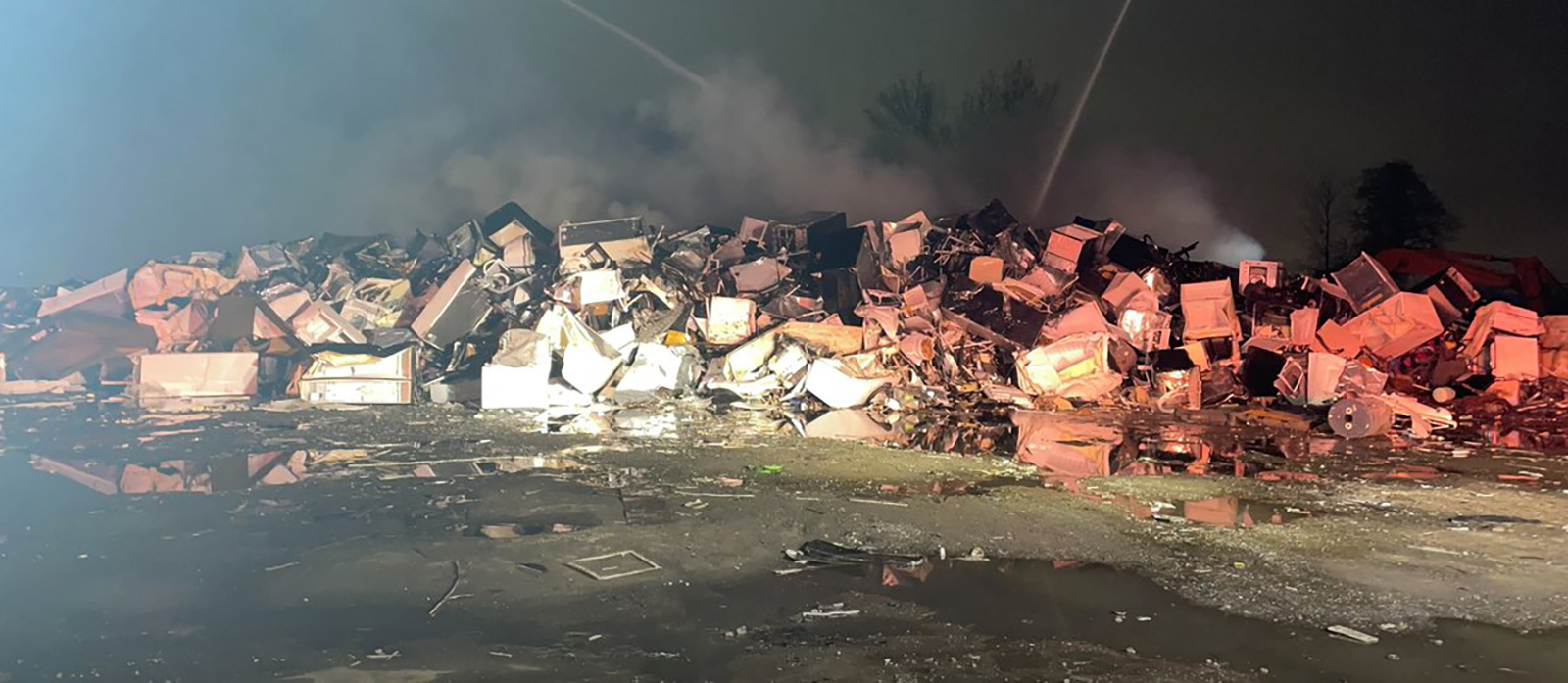DEM Curbs Expectations for Hearing on Shell Pollution Permit
May 26, 2019
PROVIDENCE — Advocates for a less-polluted and safer industrial waterfront have managed to get the state to hold a public hearing regarding a permit for one of the city’s most potent polluters.
After pleas from opponents of the operation, a hearing was recently granted by the Rhode Island Department of Environmental Management (DEM) to address the re-approval of an air-pollution permit for Shell Oil Products U.S., the corporation’s storage and shipping terminal on Allens Avenue.
In an April 29 letter to DEM, Monica Huertas of No LNG in PVD and Linda Perri of the Washington Park Neighborhood Association asked that the permit be denied and that the 75-acre petroleum facility follow stricter air-pollution standards and address the health effects afflicting nearby residential neighborhoods.
“It is a part of DEM’s mission to build healthy and more resilient communities,” Huertas and Perri wrote. “Now is the time for DEM to protect Washington Park and South Providence … from the exposure to toxic chemicals, carcinogens, asthma-causing pollution and an increased danger during a disaster.”
Advocates also want Shell to write a storm-management plan, guard against 500-year and 1,000-year storm events, and pay for making the neighborhoods more fortified and resilient to climate change.
The storage terminal, which is serviced by trains and ships, hosts 25 storage tanks holding diesel fuel, fuel oil, gasoline, ethanol, and jet fuel. It’s the largest emitter of toxic air emissions in Providence, according to the Environmental Protection Agency’s Toxics Release Inventory Program. In 2017, the emissions included 1,2,4-trimethylbenzene, benzene, ethylbenzene, hexane, toluene, and xylene.
The Rhode Island Department of Health says the neighborhoods of South Providence and Washington Park have the highest asthma rates in the city. The EPA’s Environmental Justice Screening and Mapping Tool identifies 89 percent of the residents living within a quarter-mile of the Shell terminal are people of color.
DEM responded to the late-April letter saying that the permit evaluation can’t shut down Shell’s operations and is merely a review and renew of the already-allowable emissions under the current Title V operating permit. No new conditions can be mandated, according to DEM, unless there is a new source of pollution.
“To clarify, whether the Title V operating permit gets approved or not has no bearing on whether Shell can still operate,” said Laurie Grandchamp, chief of DEM’s Office of Air Resources.
She also sent a letter to Huertas and Perri explaining the situation.
Shell’s Allen Avenue terminal is being sued by the Conservation Law Foundation for failing to adhere to the federal Clean Water Act and for lacking safeguards against climate-change impacts, such as sea-level rise.
Shell’s parent company, Royal Dutch Shell, has received praise from some environmental groups for being the only major fossil-fuel company to set carbon-emission reduction goals and to link executive pay to meeting those targets.
The public hearing is scheduled for July 10 at 6 p.m. in the Liston Campus Auditorium at the Community College of Rhode Island.
The deadline for submitting written comments regarding Shell’s air-pollution application has been extended to July 19. Comments can be sent via e-mail to [email protected].



